Firms may help achieve the EU’s goal of transitioning to a carbon-neutral and green economy in several ways, following the European Green Deal and the United Nations Sustainable Development Goals (SDGs), particularly those relating to human rights and environmental protection. The EU institutions are working on mitigating businesses’ human rights and adverse environmental impacts in their value chains via comprehensive mitigation methods that include incorporating sustainability into corporate governance and management systems and framing business actions in terms of their long-term resilience. The European Commission released the long-awaited proposed Directive on Corporate Sustainability Due Diligence (Directive) in February 2022, requiring mandatory environmental and human rights due diligence. Companies would have to determine whether they are likely to be covered by the Directive; and, if so, should track its progress. Companies that may be affected by the Directive should consider undertaking a high-level preliminary evaluation to identify their compliance gaps.
Directive’s Purpose
The Directive would require the EU Member States to incorporate a corporate due diligence duty into their respective National Laws to identify, prevent, end, mitigate, and account for adverse human rights and environmental impacts.
The obligation of such due diligence duty would apply to a company’s operations, subsidiaries, and value chains.
Adverse Human Rights Impacts Requiring Due Diligence
An adverse human rights impact would be either an adverse impact on a protected person as a result of a violation of one of the enumerated human rights or prohibitions; a violation of a prohibition; or a right not listed that directly impairs a legal interest protected under an international human rights instrument listed in the Directive’s Annex.
Adverse Environmental Impacts Requiring Due Diligence
An adverse environmental impact occurs due to a violation of a prohibition or obligation under one of the twelve environmental conventions. The conventions cover issues like biological diversity, mercury, and hazardous waste.
Subject Businesses
Depending on turnover, the number of employees, or sector, the Directive’s obligations as transposed into national laws would generally apply to both companies formed in an EU Member State and companies formed outside the European Union.
In general, all businesses reaching a threshold in turnover and the determined size of employees would be covered. Smaller firms would be covered if they meet a size threshold and operate in specified high-impact sectors covered by existing sectoral OECD guidance.
The size threshold for EU companies would consider net turnover and employee count. Non-EU firms’ size would be determined solely by turnover.
The second type of company, in general, would have a lower due diligence obligation focused on severe adverse impacts relevant to their industry.
The Directive would apply to the following:
- EU businesses – making more than 150 million euros global net turnover and having more than 500 employees.
- EU businesses – operating in high-impact sectors and reaching a threshold of a global net turnover of 40 million euros and with more than 250 employees.
- Non-EU businesses – active in the EU, generating a turnover in the EU, exceeding the thresholds mentioned above.
Status and Enforcement
The Directive does not yet have legal force. The Commission’s proposal will then be presented to the European Parliament and the Council for approval. The Directive will almost certainly be amended during this process. After adoption, Member States would have two years to implement the Directive into national law, which would bind businesses falling under the Directive’s scope once it comes into force.
To Recap
The Directive will help companies falling under its scope to improve corporate governance practices; better integrate risk management and mitigation processes of human rights and negative environmental impacts, including those stemming from value chains; avoid fragmentation of due diligence requirements in the EU single market; create legal certainty for businesses and stakeholders; increase corporate accountability for adverse impacts, and ensure transparency and accountability of these businesses. Nonetheless, the Directive has created debates on the loopholes, particularly related to its scope of application, as there is a significant exclusion of small, medium, and micro firms, which make up 99 percent of EU-based businesses.
WHAT CAN WE DO TO HELP?
Please do not hesitate to contact us if you have any queries or need practical advice on Due Diligence and Compliance related to your international transactions.
- [email protected]
- Key Contact Mrs. Malak Trabelsi Loeb, Trabelsi Loeb Legal Consultants
- [email protected]













